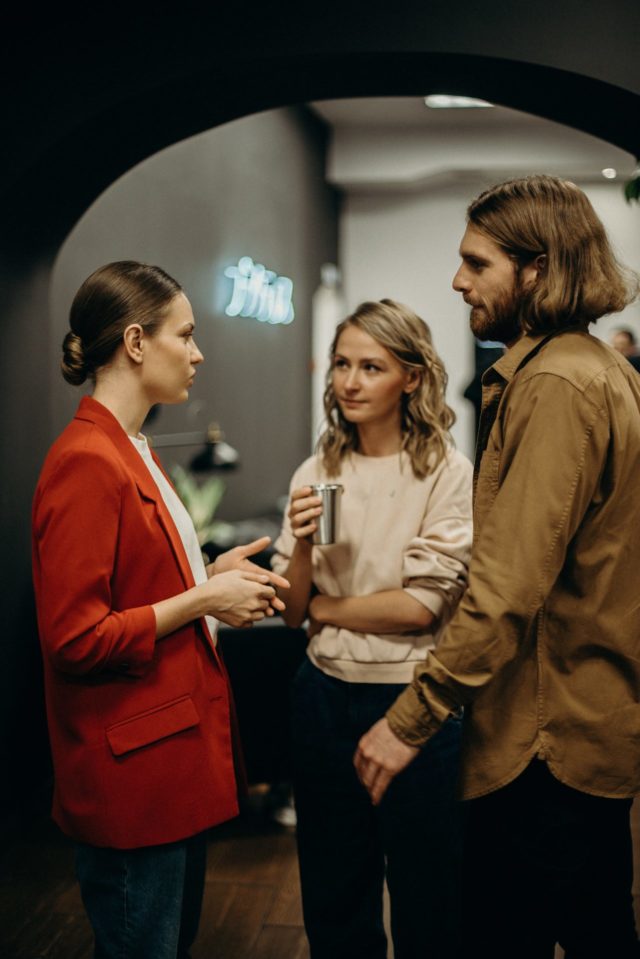Summary of:
Cohen, J. (2020). Negative Identity and Conflict. Retrieved February 25, 2022. Negative Identity and Conflict (2021)
Background & Theory
This article explores how aspects of our identities are intertwined with conflict. More specifically, how a negative perception of ourselves and our identity is a crucial point to highlight when trying to de-escalate conflict. This article focuses on explaining the different components of negative identity and how to navigate difficult conversations with people that differ from us. More importantly, the article elucidates engaging in self-examination of our own identities, and embracing the range of identities they have.
Research Question(s)
- What is negative identity?
- What are some ways to understand your identity?
Methods
What is Negative Identity?
Most people hold several identities. Research shows that each person’s identity is based upon the unique situation they are currently facing. Some identities are deeply embedded while others are more malleable. Studies show that once we choose who we are, it is one of the deepest feelings of freedom one can experience. Ultimately, negative identity occurs when a person or group defines themselves by way of contrast to others.
Problems Caused by Negative Identities
Holding negative identity perceptions of ourselves create several problems. One of them being that it can be extremely self-constraining. By generating these negative thoughts repeatedly, one will eventually just adopt hostile views towards themselves which ultimately lowers self-esteem and self-worth. Psychologists have discovered that in having a negative perception around your identity leads to denial, shame, and guilt. When one feels this way, it’s very difficult to communicate because there are so many negative underlying feelings that the individual is going through.
Conflict Resolution Tactics
Research shows that conflict resolution specialists must come from a place of empathy, compassion, and open mindedness when undergoing the mediation process. It’s also crucial to ask open ended questions around their identity, for example: what has their experience been like? What does the world look like in their eyes? The second piece of this is to challenge each party to self-examine themselves as to why they feel a particular way. The last step would be acceptance and understanding that we each hold several different identities. Once we accept who we are, it’s easier to have behavioral changes and create new perspectives around our own identities.
Results
All in all, the results ultimately show that our identity is a core piece of our human experience. When individuals encompass a negative identity there is most likely going to be conflict. Through open minded listening, self-examination, and embracing different parts of ourselves, we are ultimately able to resolve conflicts. If issues cannot be resolved with the two parties, a conflict resolution specialist would be a positive option in navigating the conflict to understand the underlying motives and feelings of the parties.
What This Means
- When these conflict resolution processes are successful, we are able to grow as a community in a massive way by being open minded to the perspectives of others
- Conflict resolution specialists should stay open minded and ask open ended questions to get to the root of the conflict.
- We all have several identities, once we dig deeper within ourselves and have deep reflection periods as to where those identities came from, we will learn how to embrace ourselves thoroughly
Final Takeaway
For consultants: As a consultant, it is pertinent to be open minded and to ask profound questions to the parties to have successful breakthroughs
For everyone: Self-growth is a long process but focusing on our identities will ultimately de-escalate conflict with others.








